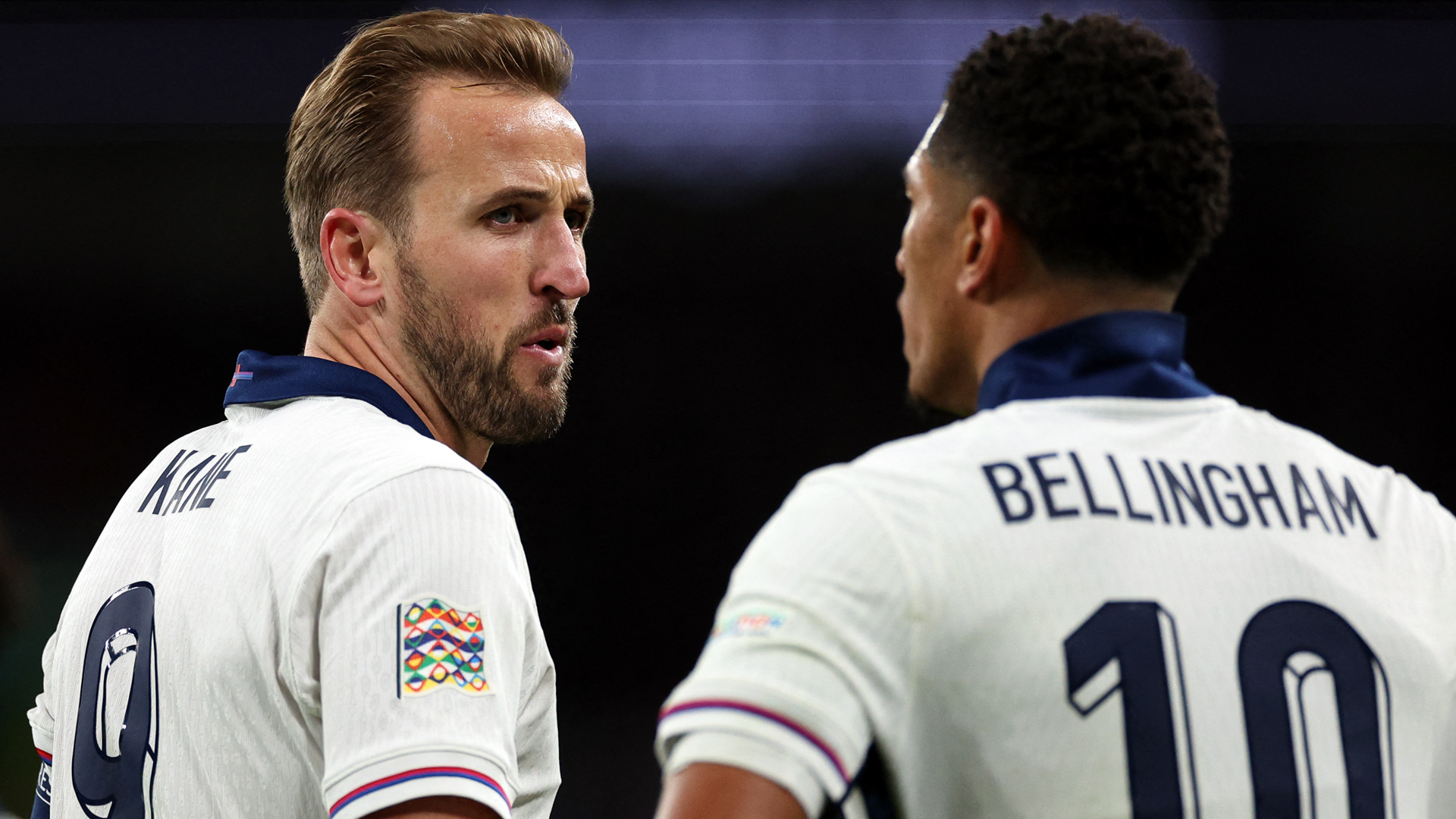England’s Six-Year Plan: Tuchel’s Top-Six Test
Thomas Tuchel faces the toughest appraisal of his decorated coaching career as he swaps club touchlines for the international glare of Wembley, charged with turning England’s promise into genuine 2026 World Cup pedigree. The German tactician, appointed on a short 18-month deal, inherited a squad brimming with talent yet weighed down by six decades of underachievement—an equation every manager since 1966 has tried, and failed, to solve.
Thomas Tuchel’s early England reality check
The honeymoon was short. Narrow qualifying wins over minnows and a limp friendly loss to Senegal have already opened Tuchel to criticism. Former Three Lions defender Tony Dorigo, speaking to GOAL, bluntly assessed the current status: England are “not in the top five or six” of global heavyweights. While few dispute the individual ability of Jude Bellingham, Harry Kane and Bukayo Saka, Dorigo argued that tournament pedigree remains elusive without a cohesive “team” identity—something Tuchel must sculpt fast.
Early results under scrutiny
Statistics rarely spare new national coaches. England may boast a perfect record in Group E—three wins, nine points, zero goals conceded—but performances have lacked sparkle. Possession has been sterile, pressing sporadic and chance creation reliant on moments of individual brilliance. Thomas Tuchel, famed for meticulous tactical plans at Chelsea and Paris Saint-Germain, insists his blueprint takes time: “International breaks give you ten days, not ten weeks,” he reminded reporters. Patience, however, is seldom an English virtue when World Cup talk resurfaces.
Are England really outside the elite?
Dorigo’s scepticism stems from recent meetings with the genuine “big boys.” Against France, Argentina, Brazil, Spain and Germany over the last three years, England have won twice in nine attempts. Thomas Tuchel acknowledges that startling gap, pointing to a lack of big-match know-how. “Learning to suffer,” he says, “is part of becoming champions.” He cites Germany 2014 and France 2018 as sides that matured through adversity before lifting the trophy. England’s closest brush—Euro 2020’s final defeat on penalties—illustrated both progress and a lingering mental block.
Selection dilemmas and playing style
One talking point has been Tuchel’s preference for experience over potential. Call-ups for Kyle Walker, Jordan Henderson and Kieran Trippier were interpreted as safety-first, while prodigies like Cole Palmer and Levi Colwill waited their turn. Dorigo sympathises: “There’s no point having the best players if the pieces don’t fit.” Thomas Tuchel has defended his choices as an experiment in “trust mapping”—identifying personalities who can absorb pressure in a knock-out environment. Still, supporters crave bolder inclusion of Premier League form players, and critics argue the current mix dulls England’s traditionally explosive wing play.
Midfield balance remains the key
Tuchel’s club teams shone when the pivot shielded the back line and freed creative runners. England’s double-pivot of Declan Rice and Jude Bellingham offers energy and quality, yet the duo has been isolated from the forward line in recent outings. Expect trial runs with Phil Foden in a roaming eight role or Trent Alexander-Arnold stepping into midfield—ideas borrowed from Tuchel’s Chelsea notebooks, where ingenious positional switches turned headaches into strengths.
Road to 2026: fixtures and benchmarks
The immediate schedule buys the coach breathing space. England next host Andorra on 6 September before visiting Serbia. Barring disaster, early qualification should be wrapped up by spring 2025, leaving Thomas Tuchel around twelve friendlies to sharpen his side. The FA’s internal targets include topping the FIFA rankings by summer 2026 and reaching at least the semi-finals of the Nations League—milestones designed to harden the squad against elite opposition.
Lessons from Tuchel’s club triumphs
When Chelsea lifted the 2021 Champions League under his stewardship, Tuchel created a granite defence, a hyper-mobile midfield, and a game-plan bespoke to each opponent. Replicating that alchemy internationally is harder: fewer training sessions and no transfer market. Nonetheless, his reputation for surgical preparation could give England an edge in the data-driven age. Analysts have already rolled out opposition dossiers and rehearsal drills for possible World Cup group rivals like Uruguay, Japan and Morocco—teams England historically underestimate.
The mentality hurdle
Ask any England supporter about tournaments and the conversation quickly turns to penalties and collapsed leads. Thomas Tuchel has enlisted sports psychologists—some of whom worked with German Olympic athletes—to shift the narrative. Kane, the captain, praised the move: “We’re learning to embrace pressure instead of fearing it.” Whether that culture shift manifests during a quarter-final shoot-out remains the 60-year question.
Can Thomas Tuchel elevate England into the top six?
Metrics suggest the gap is closing. England’s current ELO rating sits seventh—a whisker outside Dorigo’s threshold. Offensive expected-goals per game has risen under Tuchel, while defensive xGA ranks among Europe’s best. Yet numbers alone will not sway a sceptical public. Fans want statement victories over France or Argentina, not just routine dispatches of Andorra.
Financial and structural backing
The FA has promised modernised St George’s Park facilities, expanded data-analysis teams and player load-management programs aligned with Premier League clubs. Tuchel lobbied for these resources during negotiations, aware that marginal gains often decide tight tournament matches. Critics point to England’s historically robust infrastructure, asking why results lag behind investment. The German’s counter-argument is that cohesion, not cash, wins medals—a lesson he hopes to drill home before the plane taxis to North America.
Opinion: time for calculated faith
Tuchel’s arrival delivered a jolt of fresh thinking; now it needs patience and conviction. England’s attacking depth is the envy of many nations, yet tactical clarity has been missing. If the manager can fuse his pragmatic defensive rigour with the fearless flair of Bellingham, Foden and Saka, breaking into the global top six is realistic. Fail, and England risk extending the painful wait past its diamond anniversary.
Short Opinion: Thomas Tuchel may not guarantee trophies, but his track record of rapid transformations merits trust. Give him time, resist the urge for knee-jerk panic, and England might just find themselves among the true “big boys” when 2026 kicks off.
Your global gateway to nonstop football coverage:
Goal Sports News
Share this content:
